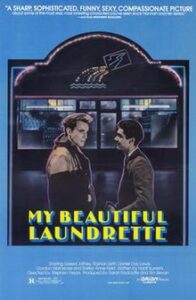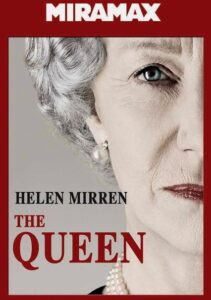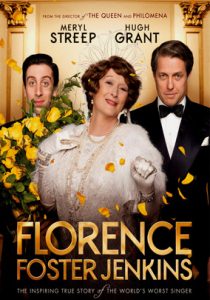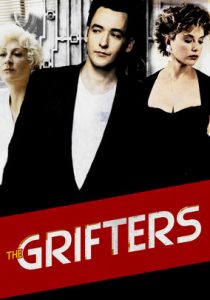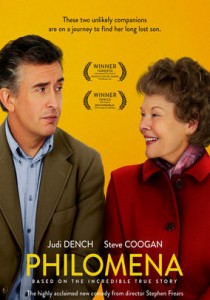My Beautiful Laundrette-1985
Director Stephen Frears
Starring Gordon Warnecke, Daniel Day-Lewis
Scott’s Review #1,451
Reviewed November 10, 2024
Grade: A-
My Beautiful Laundrette (1985) is an early LGBTQ+-themed British film directed by Stephen Frears. He would later become well-known for directing The Queen (2006).
Though the film is choppy and contains several stories, the LGBTQ+ story is one of the few in the genre that represents a satisfying and hopeful ending. Later, and admittedly, more defined films, like Brokeback Mountain (2006) and Boy’s Don’t Cry (1999), were harsher and more realistic.
The British flavor, interracial pairing, and class differences make My Beautiful Laundrette a lovely watch. But, it’s also all over the place.
In a seedy corner of London, a young Pakistani, Omar (Gordon Warnecke), is given a run-down laundromat by his affluent uncle Nasser (Saeed Jaffrey), who hopes to turn it into a successful business.
Soon after, Omar is attacked by a group of racist punks but realizes their leader is his former lover, Johnny (Daniel Day-Lewis). The men resume their relationship and rehabilitate the laundromat together, but various social forces threaten to compromise their success.
Omar’s father is an unhappy former left-wing journalist, who has turned to alcohol. Nasser’s daughter, Tania, is meant to be Omar’s future bride, while Nasser is in love with his mistress, Rachel (Shirley Anne Field).
Besides these storylines, there is a complicated relationship between brothers Nasser and Hussein, and a drug smuggling storyline.
While every story has some intrigue and shapes the structure, the male romance is not front and center enough to be completely developed.
Omar and Johnny hold interest because despite differences they connect and are truly in love. Politically, Omar is left-wing, and Johnny is right. Omar is upper class while Johnny is working class. Omar is Pakistani while Johnny is British.
Being 1985 and early in the LGBTQ+ genre, Frears focuses mostly on their romance and less on their differences. There is a brief sequence where Omar treats Johnny as a lowly employee but for the most part, they are in love.
It takes a long time to showcase Omar and Johnny making My Beautiful Laundrette only marginally an LGBTQ+ effort.
There is no mention of the A.I.D.S. epidemic which would have made it a different kind of film.
The romance between Nasser and Rachel is marvelous. They are a couple the audience shouldn’t root for but do anyway. Rachel is the other woman, merely a mistress, but why is she so appealing? Why do Nasser and Rachel connect so well?
Shirley Anne Field pours kindness and empathy into her character while Saeed Jaffrey relays his love for Rachel to Nasser. Yes, he is married but the marriage is traditional and his wife is Pakistani. We know that at another time Nasser and Rachel would have a chance.
When Tania snaps at Rachel and accuses her of being a woman who so easily lives off a man, Rachel reminds her that she does too. Rachel is from a different generation where opportunities for women are scarce.
Field makes the scene her own and wins over the audience which could have been against her.
The Rachel/Nasser romance parallels the Omar/Johnny love story. Both couples live secret lives, hidden from the world and shrouded in secrecy.
This is evident in a powerful scene when the two couples are simultaneously romantic in the laundrette. Neither sees each other at first but the audience sees both couples. This mirrors their mutual love and it’s a beautiful sequence.
While sometimes there is too much to follow, most of the material is poignant and relevant making My Beautiful Laundrette (1985) a film to recommend.
It has an LGBTQ+ presence but is not restricted to that genre offering other nice stories to the experience.
It also leaves one feeling hopeful which is sometimes needed in cinema.
Oscar Nominations: Best Original Screenplay
